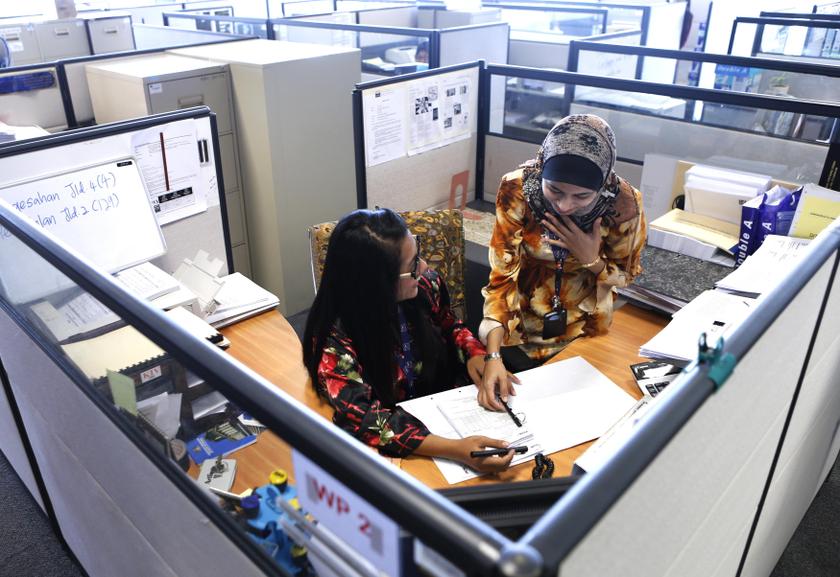KUALA LUMPUR, March 31 — Prominent Malaysian figures have once again called for a fair distribution of women in leadership roles in a bid to achieve gender equality in the country.
This was conveyed in a webinar jointly organised by the Malaysian AIDS Foundation (MAF), Yayasan Sime Darby and Astro Awani in a session titled, “30 per cent of women in leadership now! The game plan” yesterday.
The panellists highlighted the urgent need to achieve 30 per cent of women in decision-making roles at mid and senior management levels for better diversity, equity and inclusion in the workplace.
The session brought together infectious disease expert and MAF chairman Prof Datuk Dr Adeeba Kamarulzaman, Yayasan Sime Darby chief executive officer Yatela Zainal Abidin, consultant obstetrician and gynaecologist Dr Imelda Balchin and Persatuan Wahidayah Malaysia founder and chairperson Norlela Mokhtar.
Citing a recent study, Yatela said it was reported that out of over 900 public-listed companies in Malaysia only 17 per cent of women represented on their board and senior management.
“That indicates we still have a long way to go, but I am confident that the situation will exponentially improve as there is so much more awareness on the subject matter as well as its benefits to organisations.
“More and more companies are becoming aware that it is very crucial for them to have a balance board and senior management composition to ensure resilience and sustainability of their businesses.”
Yatela also recalled the discrimination she faced in the early part of her career due to her gender and Hijab.
However, she said the time has changed and as a result, she was appointed as the first chief executive officer of Yayasan Sime Darby in 2010 totally based on merit.
HIV and AIDS advocate Norlela said gender equality shouldn’t just be enforced in corporate sectors for top roles, but it has to be at every level of society.
In the case of HIV, Norlela said the stigma seems to be more for women when compared with men.
“In the case of HIV, the men usually go forward with the treatment and the women are often left behind.
“We don’t have the voice to speak out.
“Therefore, we need more women to be empowered and know their rights to get treatments.”
Commenting on the importance of a whole societal approach, Dr Imelda said the best way to achieve gender equality among women is to have men support the movement.
“We don’t want to accuse men as sexist.
“We want men to work together with women.”
Dr Imelda said this is a mutual approach and if women are in leadership roles, they too need to be able to work with men.
“If you are a true leader, you are not gender-biased.
“There are many men leaders out there that do support women, but the institution has not caught up to make the work environment suitable for women.”
Sharing a similar sentiment, Dr Adeeba said it is important to have voices heard to demand institutional support for gender equality.
“For the women, particularly those who are yet to be in a leadership position, believe in yourself.”
Dr Adeeba also noted that one of the biggest problems in Malaysia that prevent women from progressing is the lack of child care.
According to her, most women have to look after their children and nurture their families at the time when they are advancing in careers.
“Hence, there is a vital need for various supports in providing affordable child care.”
Malaysia initiated a programme to target 30 per cent of women in decision-making roles by 2020.
Although some sectors have achieved the target, there is still room at various levels of society to achieve gender equality.






















